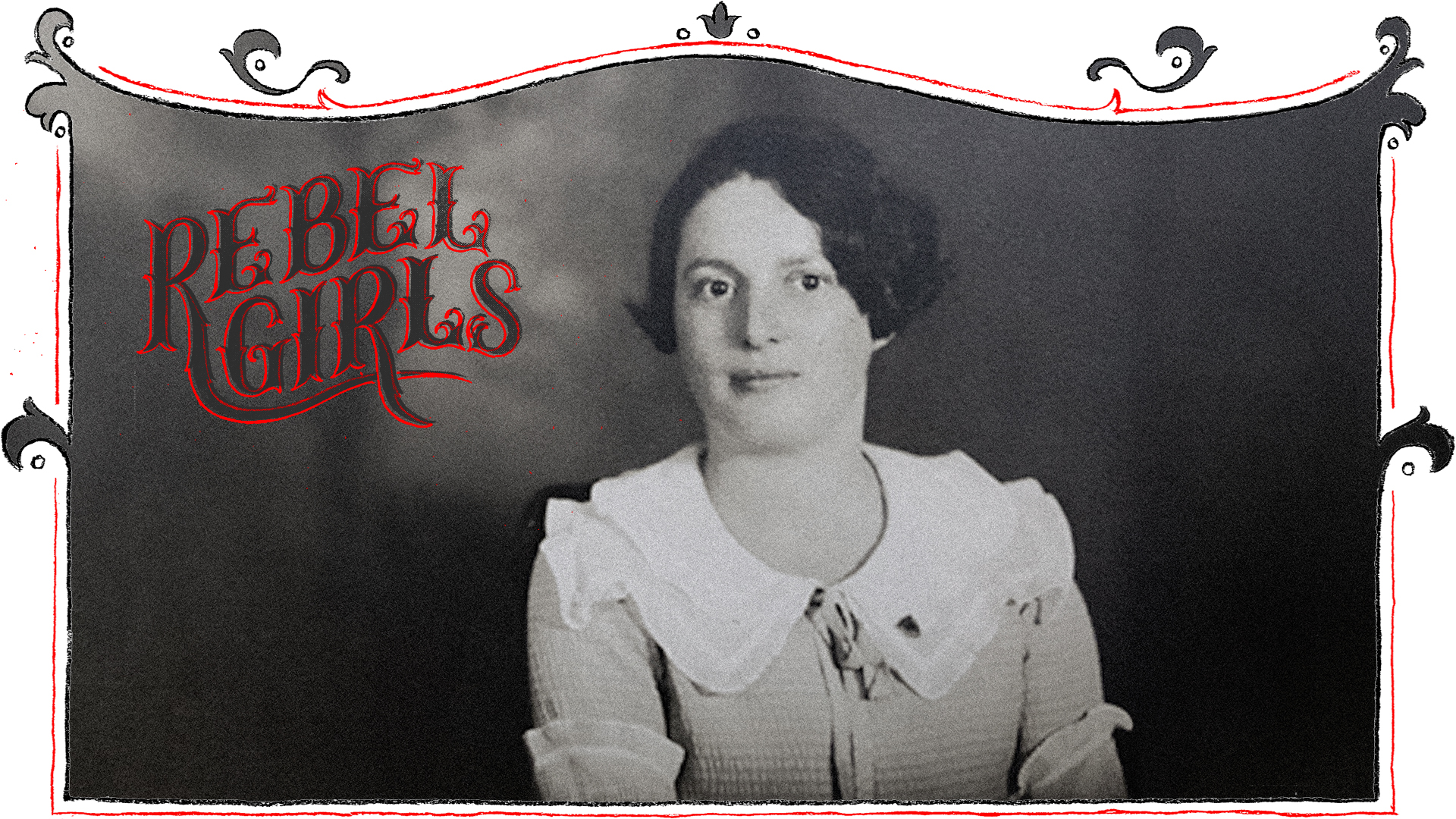From the late 1950s until her retirement in 1973, Yoneda worked as a clerk for the International Longshoremen’s and Warehousemen’s Union Pacific Maritime Association pension fund. Yoneda remained a powerful union figurehead until her death in 1988. The week of her fatal heart attack, Yoneda had attended a union rally for then-presidential candidate Rev. Jesse Jackson.
Despite a life spent utterly entrenched in the often dramatic struggle for workers’ rights, Yoneda always spoke about her activism in a manner that was simple and matter-of-fact. That stoicism ultimately helped her keep a level head under any of the circumstances life threw at her, something thoroughly demonstrated in her oral history recordings.
While talking about what it was like to be a prominent member of the Communist Party during a period when sexism was rampant, she explained:
The party’s principles and everything was against the domination of male chauvinism, as the terms of equality. And you found women in various posts, not only in the district offices, but in the national office and on the newspapers. … But there was male chauvinism in the ranks and even in some of the leaders because it was too new a concept for some of them. … I would point out: ‘Now, look, first of all, I am a comrade. … You know you are committing a crime against your own constitution, your own principles. You’re committing an act of male chauvinism.’
Though Yoneda is often remembered for her bravery as one of the few non-Japanese spouses imprisoned at an American concentration camp in World War II, she later spoke about the eight-and-a-half month experience with some regret.
“Although I knew [Japanese internment] was a violation of basic human rights, I didn’t speak out against it,” she said. “I didn’t raise my voice in protest. And in fact, I even thought for a period that they weren’t really concentration camps, because to me, a concentration camp is the ovens. … Once we were in camp, we did ask for some sort of hearings so that those who wanted to fight the actions would be given that opportunity to actively fight it.”


